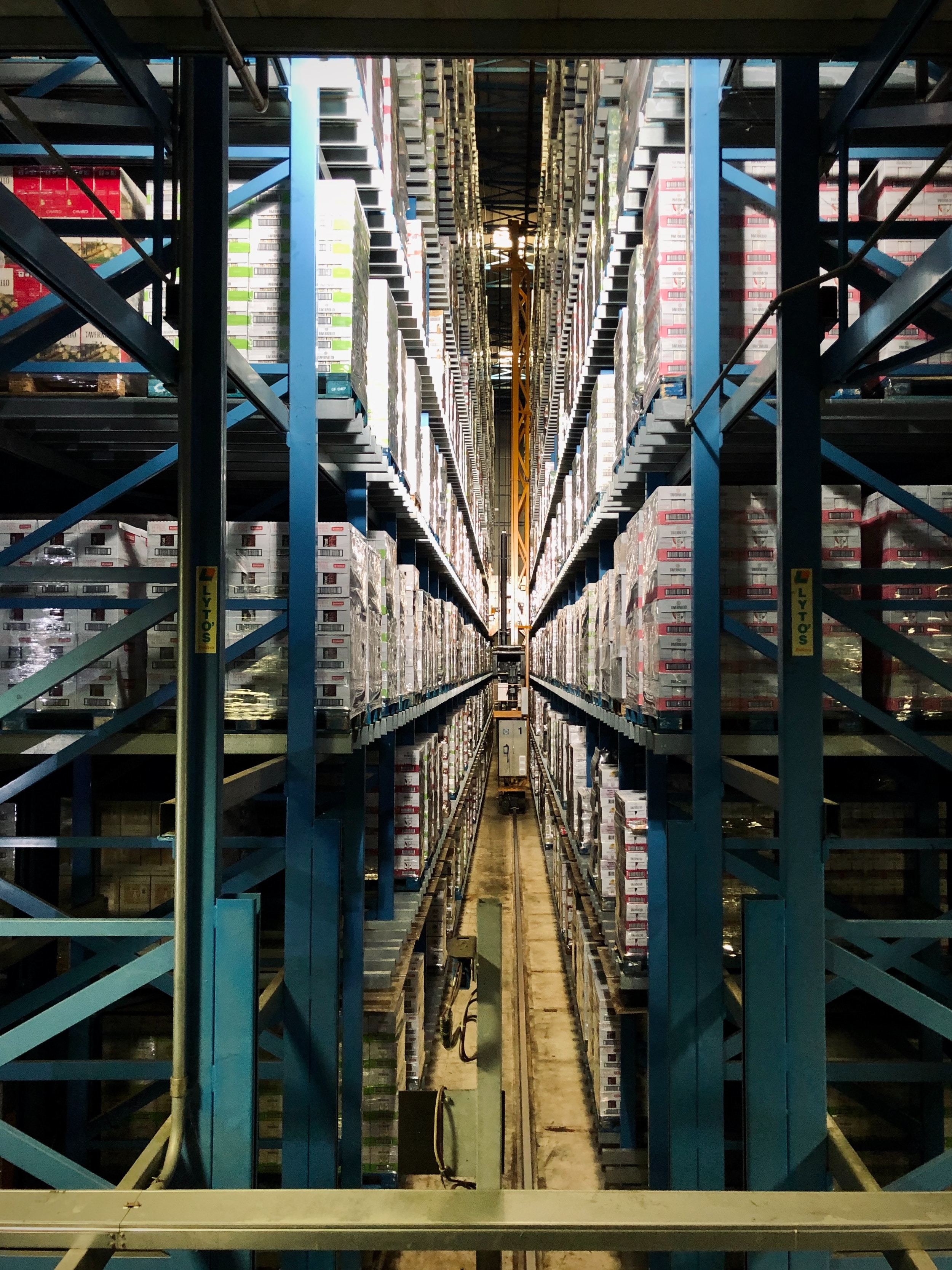AI-driven Logistics: Transforming Shipping Management for the Digital Age

How is AI used in logistics?
AI-driven logistics are simple. Everything you do, an AI can do (perhaps do better)!This means that while planning and mapping out your next trip out in the sea, you can use an AI to maximize your efforts and eliminate any human lapses of judgement.AI-driven logistics can include a variety of applications like:

- Port operations.
- Mapping routes for ships.
- Cargo management.
- Order placements and delivery.
- Ship predictive maintenance
Pragmatically speaking, how does this work? Instead of hiring a team to conduct a market analysis when you want to price individual orders, an artificial intelligence tool that uses data analysis can efficiently run online research and generate a market analysis report. Similarly, AI can help you identify the best port for shipments and predict optimal routes based on weather conditions and current events. The possibilities are endless!
AI-driven logistics in the maritime industry, pros and cons
AI can maximise efforts, eliminate human errors, and improve decision-making. These are a few of the benefits of AI-driven logistics; here are a few more:
- AI can help shipping companies save time by automating processes, making it easier for companies to monitor their fleet
- AI technology can predict weather conditions based on past events and create optimal routes for ships and boats.
- It can identify the best port destination based on current events such as political unrest or natural disasters.
- AI can increase transportation efficiency by analyzing data and making decisions within a very short period.
Data analysis tools can quickly identify trends based on past performance and predict future outcomes based on current data.
It’s all good and dandy; let’s make AI handle all our operations and just take a nap! Well, not so fast. AI-driven logistics can also be a double-edged sword; here’s how:
- Simply said, AI is a machine! And just like any machine, it can break down. While you depend on an AI to make your decisions, a glitch or a technical problem that may be highly costly for your company can happen.
- Let’s say it all goes according to plan, AI-powered systems are still not infallible, and there’s always a chance of error when making decisions based on incomplete data.
- AI can be prone to biases and errors. For example, if the data used for training AI is biased or inaccurate, it could lead to unfair decisions.
Now that we’ve seen both sides of AI-driven logistics, it’s time to ask whether AI-driven logistics is good or bad.While there is no proper answer to that question, as the way technology is transforming maritime logistics is not entirely clear, it’s safe to say AI-driven logistics have the potential to be extremely useful for the shipping industry, only when closely monitored and frequently evaluated.This answers the question, “Will AI replace humans?” with a solid no. Companies still need to hire professionals to manage and oversee the work of AI closely.

AI-driven logistics guide: what to take from all this?
While the concept of AI-driven logistics is relatively new, and there aren’t many concrete examples of how it will be implemented, there are a lot of signs that it is indeed a game-changing technology that will revolutionize the maritime industry. The fact that companies are investing millions of dollars in AI and blockchain technologies shows just how important they believe this to be. Moreover, if you look at how technology has changed our lives over the past decade, it becomes apparent that artificial intelligence will eventually affect every industry. How best to deal with these fast changes in technologies? Embrace them. As simple as it sounds, it requires great adaptability and resilience. As the maritime sector embarks on this new chapter, the London Maritime Academy emerges as a guiding light, offering transformative educational experiences that empower individuals to confidently navigate the intricate currents of AI-driven logistics and the uncharted territories that lie beyond
In conclusion
AI-driven logistics is a key component of the fourth industrial revolution. It is also one of the fastest-growing industries in the world, with huge growth potential. That’s why companies must embrace the change and face it equipped with the knowledge and experience needed to use it in the best way possible.


